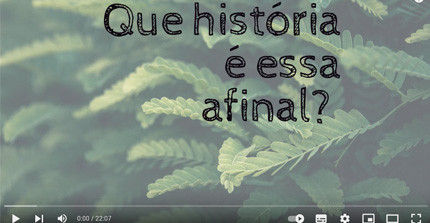Migration, as a topic of controversial debate, oscillates in political discussions between a culture of welcome and radical rejection. While immigration to Germany has largely been portrayed as a threat from a right-wing populist perspective since the 2015 wave of migration, the German minority in Brazil generally enjoys widespread recognition and respect. The 200th anniversary of German immigration to Brazil, which will also be celebrated publicly in Germany in 2024, provides an opportunity to engage with the topic of migration by incorporating historical experiences. Using the history and present state of Germans in Brazil as a case study, the online seminar examines the challenges and opportunities of immigration and emigration as well as integration into the host society and the preservation of culture and language from the country of origin. These experiences are compared with those of migration to Germany.
To understand how immigration and emigration processes influence interpersonal relationships, economic structures, and political decisions, and how they impact the way we live and think, the seminar expands the topic of migration by adding a temporal dimension. In this context, contemporary neocolonial power and dominance structures, which reproduce racism, exploitation, and oppression, are examined in relation to the history of colonization and decolonization. Current migration trends cannot be understood without considering colonial histories.
The course is aimed at students of the Universidade Federal de Santa Catarina (Brazil) and the University of Potsdam (Germany) who are interested in questions of cultural transfer and cultural dominance. The intensive exchange in the COIL seminar (Collaborative Online International Learning, link also in German version) enables students from both universities to critically engage with historical facts and contemporary contexts of migration based on a counter-colonial and transcultural research approach. Using historical texts, contemporary reports, cultural-philosophical publications, and literary contributions as examples, the causes and consequences of migration processes in individual lives and political systems are analyzed.
Dr. Elaine Cristina Roschel Nunes and Dr. Ljuba Kirjuchina guide the student participants as they embark on a time journey that critically reflects on two centuries of ups and downs. The students experience themselves as actors in history and recognize their own responsibility for current societal processes. The course includes discussion rounds and the presentation of independently developed creative project results.

